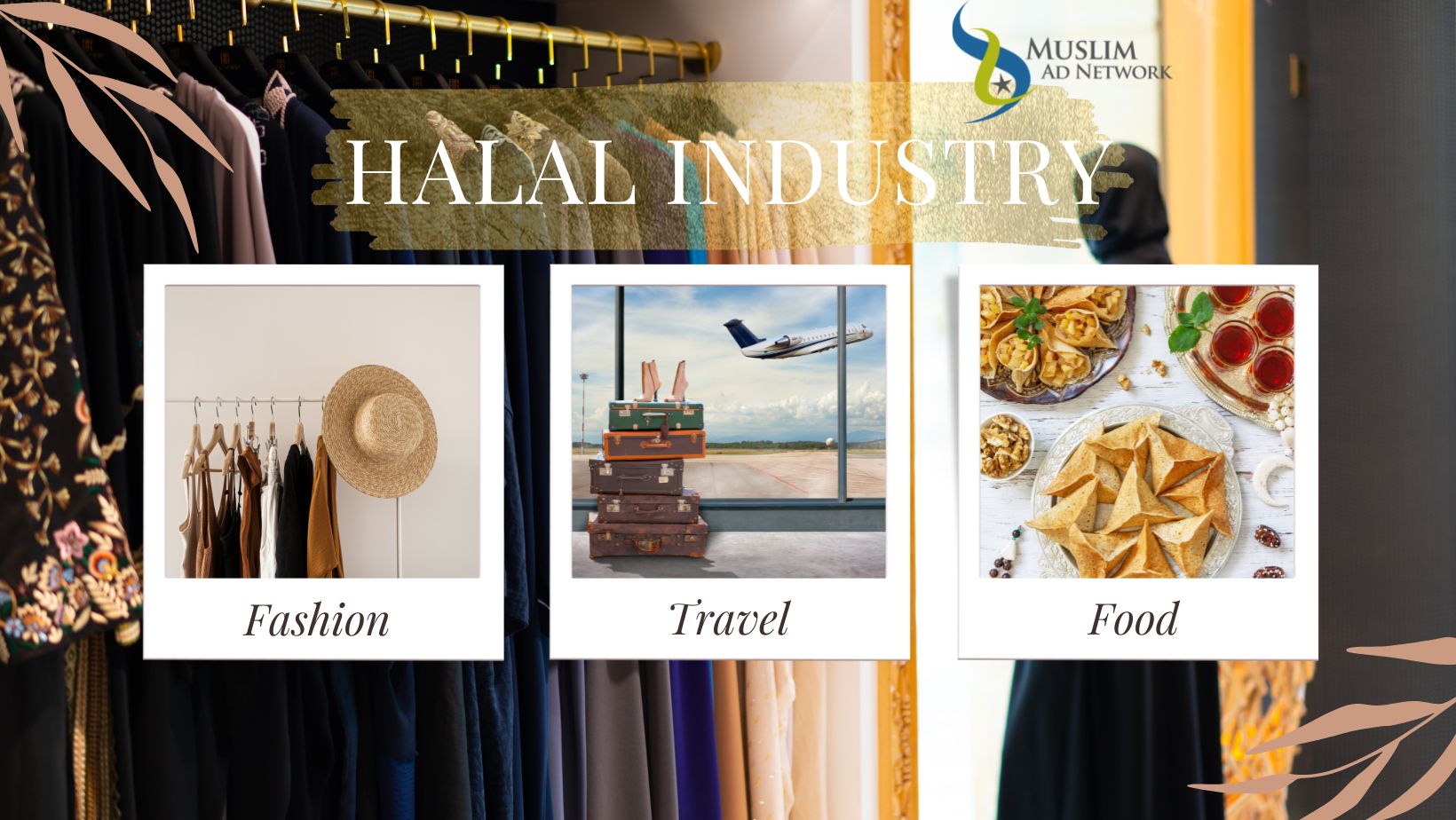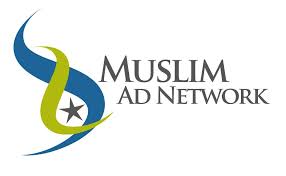
“Halal” is an Arabic word that means “permitted” and it is generally used to describe foods that Muslims are allowed to eat according to Islamic guidelines mentioned in the Qur’an. In Islam, most food and drinks are considered halal unless they are clearly stated as forbidden in the Qur’an and hadith.
Muslim consumers prefer that all the products they need and consume in their lives be halal. They pay attention to the halal certificate while purchasing products from food and beverage to cosmetic materials. Due to this need and concern, the halal industry grows at the same rate as the Muslim population grows. In fact, many non-Muslim consumers now prefer halal products since they associate halal with ethical consumerism.
The global halal market is expanding especially with the economic development of leading Muslim countries such as Indonesia, Malaysia, India, Pakistan, Nigeria, and Iran. Moreover, countries such as China, Thailand, Japan, South Korea, and the Philippines have been investing heavily in the halal industry and the market size is expected to reach USD 9.71 trillion by 2025. In addition, the growing number of halal-certified products is expected to drive the global halal market over the projected period.
In fact, although the halal industry is perceived only as the food industry, today it has gone beyond the food to become a concept that encompasses many product groups and services ranging from pharmaceuticals, cosmetics, and toiletries to medical devices and even marketing services.
Interestingly, the halal food market has become one of the most profitable and effective market areas in the world. Halal food has mainly three types which include fresh products, frozen salty products, processed products, and others. With the increasing Muslim population and economic development, consumers will need more halal food products. Globally, halal foods are more in demand in East Asia and the Middle East, and North Africa and halal and the market size is expected to grow by 6.1% in the next five years.
As stated, the halal food market has become a growing, promising, and highly demanding market. For this reason, many international companies are investing in the halal food market and are expected to increase these investments day by day.
Multinational and global companies are expanding their facilities to find opportunities in this market. For example, in 2018, Haribo, a gummy producer, opened a halal candy store in the UK. In the same year, Japan’s Mitsubishi Corporation invested in Al Islami Foods, a halal manufacturer based in the UAE. This strategic investment will not only increase Al Islami Foods production but will also meet the demand for halal products at home and abroad.
Not only the halal food and beverage market is increasing in popularity but so are halal tourism, halal media and recreation, Islamic finance, modest fashion, halal pharmaceuticals, and cosmetic products and services. For instance, the halal media and recreation industry has more than 4% of the global market share.
According to the Global Halal Market 2018 Consumption Analysis, the demand trend for this type of content from Muslim countries is on the rise. Furthermore, the halal pharmaceutical and halal cosmetics together had 4% of the overall market share in 2017. In the last decade, the halal pharmaceutical and halal cosmetic market have gained prominence and more products are manufactured with halal standards. Likewise, the number of Islamic finance and banking institutions is increasing every year all over the world. So, the Halal consumer market is growing rapidly and still has many opportunities for investors. The most critical thing that needs to be done to get into these markets or to increase success in the market is to reach the right audience with the right tools at the right time. In this digital era, it is a must to use digital marketing tools in order to understand the demands of the developing halal consumer market and the changing needs and wants of Muslim consumers accurately. At this point, working with digital marketing agencies seems to be a logical alternative. Muslim Ad Network is able to reach more than 100 million Muslims around the world monthly with its digital products and strategies such as “Reach Muslims Anywhere”. It is one platform to reach millions of Muslim consumers wherever they browse online, including the Internet’s most popular websites, social media platforms, mobile apps, and more. Through Muslim Ad Network, brands can effectively target ads to Muslim consumers instantly across thousands of websites and apps.
